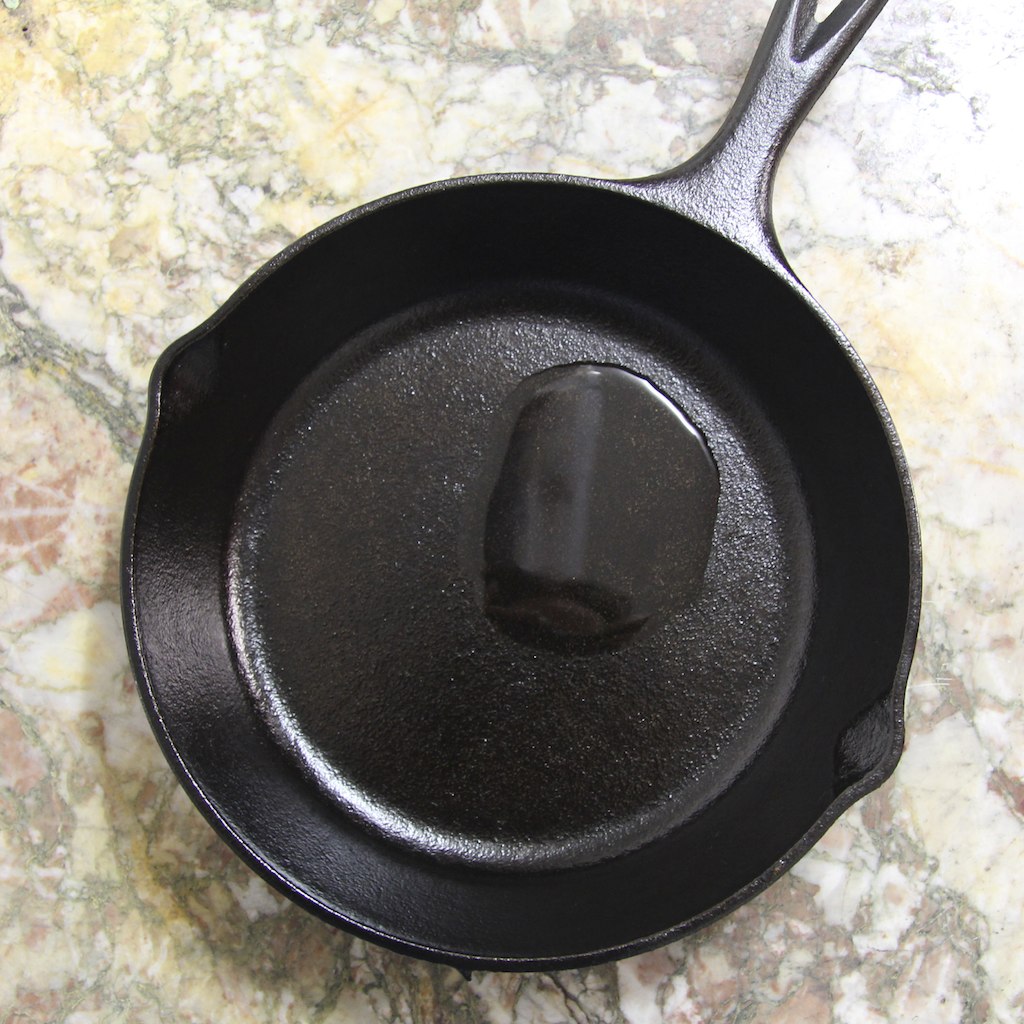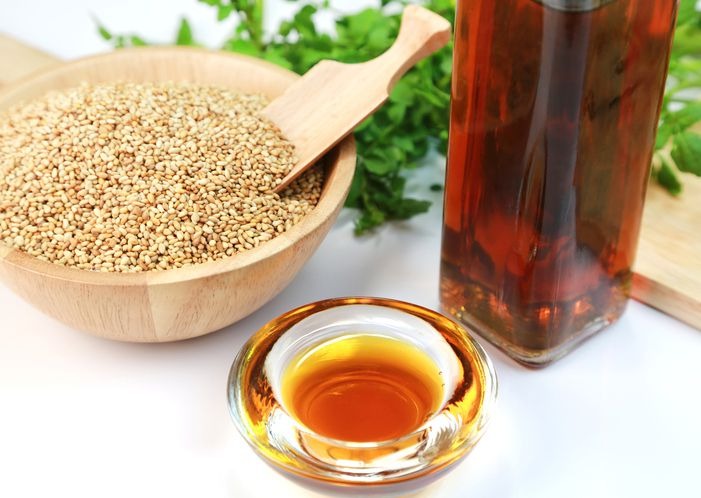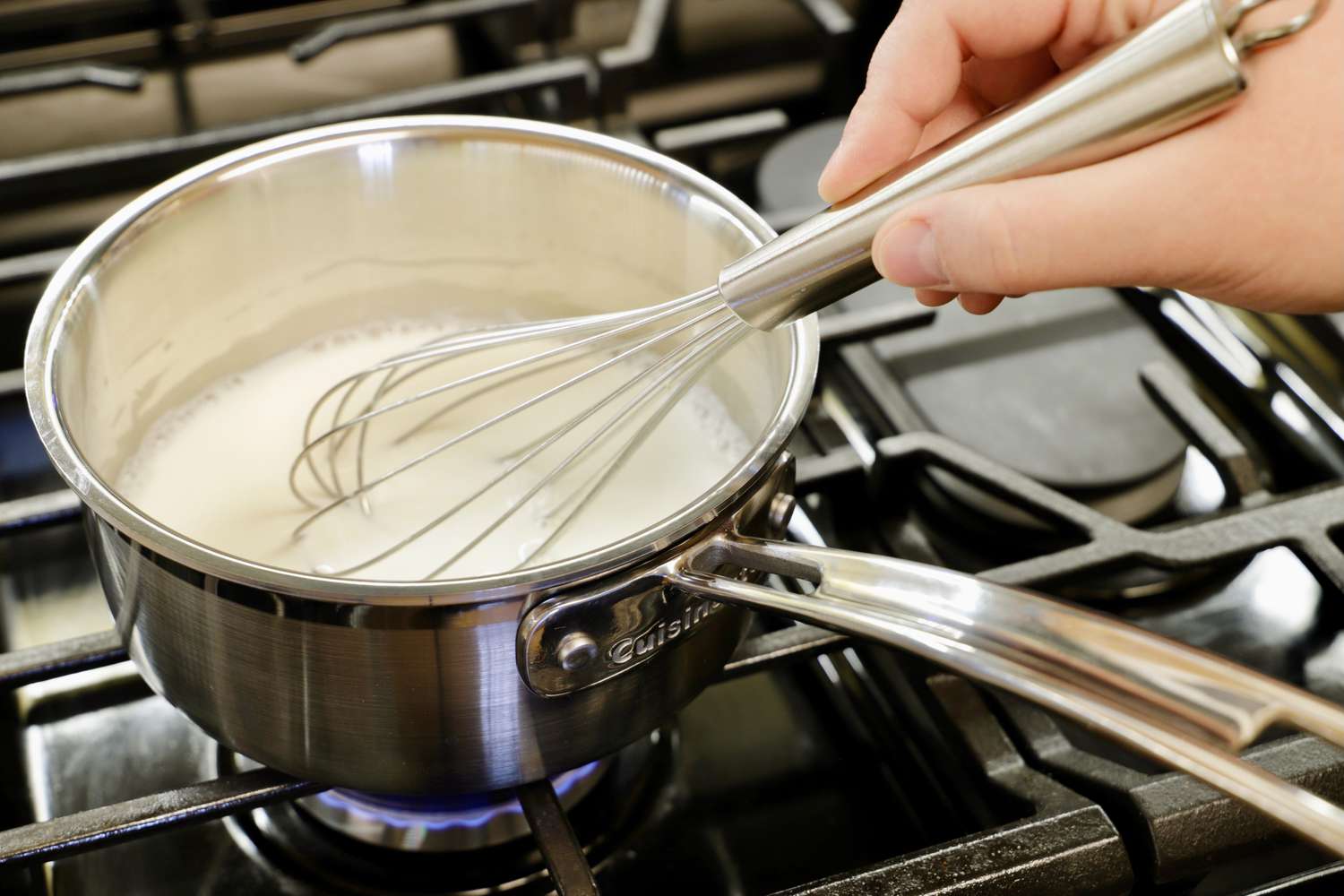For kitchen professionals, the art of using cast iron is as intricate as it is rewarding. With its unmatched heat retention and unique flavor enhancements, mastering the technique of how to properly maintain and season this beloved cookware is essential. So, what kind of oil to season cast iron? This question holds the key to unlocking the full potential of your cast iron pieces.
Seasoning a cast iron skillet or pan is not just a simple routine; its an investment in quality. Properly seasoned cast iron can last a lifetime, improving your meals with each use. Let's delve deeply into the types of oils that will not only protect but also enhance your cast iron experience.

Understanding Cast Iron Seasoning
Before diving into the oils you can use, it is vital to understand what seasoning is and why it is necessary. Seasoning involves applying a layer of fats or oils to the iron surface, which polymerize into a natural non-stick coating when heated. This process not only protects the cast iron from rust but also creates a brilliant finish that enhances the flavors of your food.
The Importance of Choosing the Right Oil
Choosing the right oil for seasoning is crucial for achieving the best results. Many oils can be used, but not all are created equal. Here are some popular choices:
- Flaxseed Oil - Many professionals argue that flaxseed oil is one of the best options for seasoning. Its high smoke point and ability to create a hard coating make it highly recommended.
- Coconut Oil - With a pleasant fragrance and high saturated fat content, coconut oil creates a lovely non-stick surface, although it may not achieve the same hardness as flaxseed oil.
- Vegetable Oil - A common kitchen staple, vegetable oil works well due to its relatively high smoke point. It is accessible and affordable, making it a practical choice.
- Canola Oil - Similar to vegetable oil, canola offers ease of use and a high smoke point. Its a top choice among many seasoned cooks.
- Grapeseed Oil - A lesser-known option, grapeseed oil boasts a high smoke point and neutral flavor, making it suitable for those who prefer a more subtle oil.
Technique to Season Cast Iron
Now that we know what kind of oil to season cast iron with, lets look into the proper steps for seasoning. A consistent technique will lead to even results:
- Clean - Start by thoroughly cleaning your cast iron pan. If there are remnants of old seasoning, use a gentle scrubber or steel wool to remove it.
- Dry - Ensure that your cast iron is completely dry to prevent rusting. You can do this by heating it on the stovetop for a few minutes.
- Apply Oil - Use a paper towel to rub a thin layer of your chosen oil over the entire surface, including the handle and outer sides.
- Heat - Place the pan upside down in a preheated oven at 450F (230C). You might want to put a sheet of aluminum foil on the rack below to catch any drips.
- Cool - Once an hour has passed, turn off the oven and let the cast iron cool inside to allow the oil to bond properly.
Common Mistakes in Seasoning
Even seasoned professionals can find themselves making mistakes when it comes to seasoning cast iron. Avoid the following pitfalls:
- Over-applying Oil - Less is more. An excessive amount of oil will create a sticky residue rather than a smooth seasoning.
- Using the Wrong Oil - Always opt for oils with high smoke points. Low smoke point oils can lead to unwanted flavors and an incomplete polymerization process.
- Neglecting Regular Maintenance - Just like your knife collection, cast iron requires regular tune-ups. Ensure to clean and lightly re-season your pieces periodically.
Maintaining Your Cast Iron
Once you have seasoned your cast iron, the maintenance doesnt stop there. Following some basic tips will help prolong the life and effectiveness of your cookware:
- Use Mild Detergents - Yes, its okay to wash your cast iron! Just avoid abrasive cleaners. A mild detergent can help keep it fresh.
- Avoid Soaking - Never soak your cast iron in water, as this can lead to rust. Instead, use hot water and a brush to wipe it clean.
- Store Properly - Ensure the cast iron is completely dry before storing it. Consider putting a paper towel between your pans to absorb any moisture.
:max_bytes(150000):strip_icc():format(webp)/__opt__aboutcom__coeus__resources__content_migration__serious_eats__seriouseats.com__images__2016__09__20160817-cast-iron-pan-vicky-wasik-3-c56f176298784fef9e60f6cea198e0e4.jpg)
FAQs
What is the best oil for seasoning cast iron?
The best oil to use is often debated, but many chefs prefer flaxseed oil for its durability, followed closely by vegetable and canola oils for their availability.
Do I need to season my cast iron every time?
No, you do not need to season your cast iron every time. A light re-seasoning every few months or when the non-stick surface begins to wear is typically sufficient.
Can I use olive oil to season my cast iron?
While you can use olive oil, it has a lower smoke point compared to other oils. This means it may leave a sticky residue unless applied very sparingly and monitored very closely.
For more insights on cleaning and maintaining your cast iron cookware, check out this link.
Understanding what kind of oil to season cast iron is just the first step in mastering the art of cast iron cooking. By employing proper seasoning techniques and choosing the right oils, kitchen professionals can enhance their culinary journey and breathe new life into a timeless kitchen staple.
For further reading on related topics, explore hanging cast iron pans, or learn how to derust cast iron for a better experience in your kitchen.
This article contains affiliate links. We may earn a commission at no extra cost to you.






Leave a comment
This site is protected by hCaptcha and the hCaptcha Privacy Policy and Terms of Service apply.